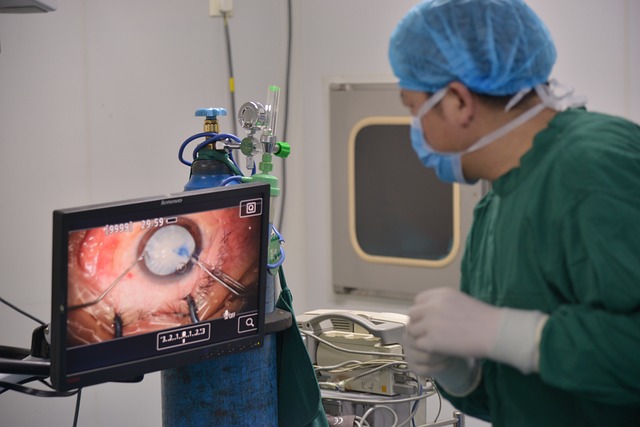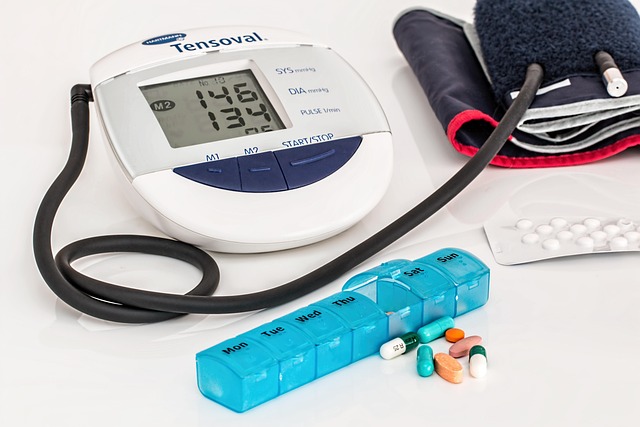Revolutionizing Healthcare: The Future of Robot-Assisted Surgery
The world of healthcare is witnessing a transformation like never before, driven by technological innovations and advancements in artificial intelligence. One of the most exciting frontiers in this evolution is robot-assisted surgery, a remarkable blend of precise engineering and cutting-edge medical practice that promises to redefine how surgical procedures are performed.
Imagine a surgical environment where a skilled surgeon collaborates with robotic systems, enhancing precision and minimizing human error. The use of robotic instruments allows for smaller incisions, which can lead to faster recovery times, reduced pain, and less scarring for patients. This is not a distant dream; it is happening right now in operating rooms around the globe. Surgeons are now equipped with sophisticated robotic systems that amplify their capabilities, ensuring intricate operations can be performed with unparalleled accuracy.
Technological innovations in robot-assisted surgery have made it possible for surgeons to operate remotely, a concept that was once considered science fiction. Through high-definition 3D visualization systems, surgeons can see the surgical field in finer detail than ever before, allowing for complex procedures to be navigated with exceptional confidence. These enhancements mean that complicated surgeries can be executed safely, even when the surgeon is miles away from the patient.
Moreover, health innovations accompanying these robotic advancements have resulted in a more comprehensive approach to patient care. Pre-operative simulations powered by AI technology enable healthcare providers to plan procedures with surgical precision. By modeling potential outcomes, they can anticipate challenges and tailor surgical strategies that best fit the unique anatomical features of each patient. This personalized approach is crucial in enhancing patient safety and improving surgical outcomes.
As we look ahead, the integration of artificial intelligence with robot-assisted surgery continues to evolve. Machine learning algorithms are being developed that can analyze vast datasets from previous surgeries, drawing insights that help refine techniques and protocols. This not only accelerates the learning curve for new surgeons but also paves the way for a future where AI could assist in decision-making during surgeries, offering real-time guidance based on past experiences and outcomes.
The implications of these advancements reach far beyond the operating room. By improving surgical outcomes, we can reduce the lengths of hospital stays and lower healthcare costs overall, making quality care more accessible to a larger population. In a world where healthcare systems are often strained, robot-assisted surgery stands as a beacon of hope that innovation can drive efficiency and effectiveness in patient care.
In conclusion, as the horizon of medical technology expands, robot-assisted surgery emerges as a groundbreaking aspect of this progress. By harnessing the power of robotics and artificial intelligence, we are not just improving the mechanics of surgery; we are redefining the entire patient experience. This is a remarkable time for healthcare, where technology and compassion intertwine to create a future filled with promise.




